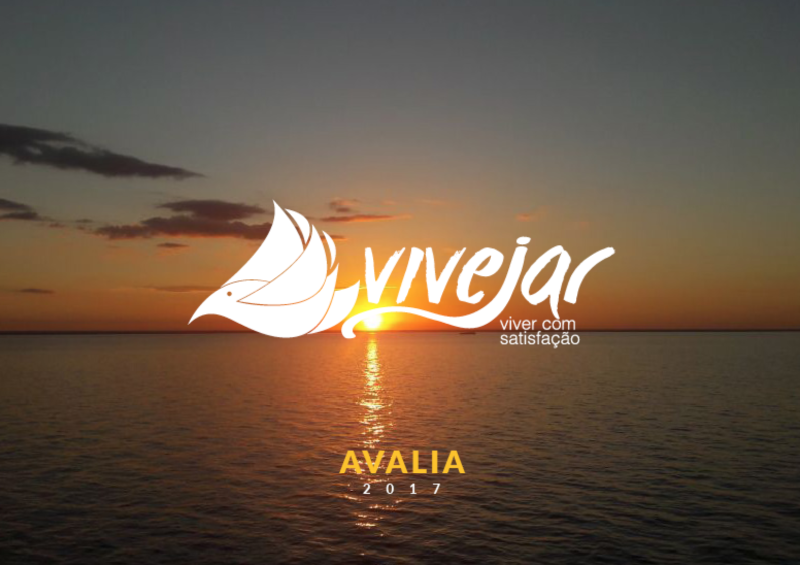In 2017, its second year of operation, responsible tour operator Vivejar generated an income of R$ 20,000 to the four Brazilian communities where it works, in Pará, Minas Gerais, Rio de Janeiro and São Paulo. More than the economic benefits, positive impacts were extended to the support of cultures and traditions, increase of individuals self esteem, women empowerment and deep transformations for travellers. These were some of the results of Vivejar first Sustainability and Impact Report that the social business has just launched.
“We live in such a big, diverse and contradictory world, where promoting positive changes is not easy. But each little change is capable of impacting lives in a very special way. Even though Vivejar is only beginning its work, we already have beautiful stories of transformation to tell. And this is what keep us alive!”, says Marianne Costa, founder of the tour operator. “It was a defiant year, but also an year of many achievements. We were recognised as a B Corp, we have participated in different and important fairs, events and talks worldwide, we have taken more than 40 travellers to engage in an authentic community based experience and we promoted our first workshop on Responsible Tourism and Global Trends”, Marianne explains. Vivejar also got together with five other sustainable tourism initiatives and businesses in Brazil to launch MUDA – Brazilian Collective for Responsible Tourism.
Vivejar’s Impact and Sustainability Report 2017 aims to monitor and measure the impacts caused in four of the Brazilian communities in which the operator acts, in order to evaluate whether the Vivejar’s activities are contributing positively to the change of realities in the communities visited and on travellers. Communities in Turmalina (Vale do Jequitinhonha, Minas Gerais) and in the Island of Cotijuba (Pará) were monitored in their initial stage and, later, after a year of Vivejar’s operation. And two new urban itineraries, in Grajaú and Ilha do Bororé (São Paulo) and in Morro da Babilônia (Rio de Janeiro) also started to be evaluated. Some of the indexes analysed were the engagement and participation of women in the itineraries, the generation of income in the communities and the preservation of cultural and natural heritage.
Sign up and check out our Sustainability Report:
[emaillocker id=”5124″]
[vc_btn title=”DOWNLOAD SUSTAINABILITY REPORT 2018″ style=”custom” custom_background=”#76444c” custom_text=”#ffffff” size=”lg” link=”url:https%3A%2F%2Fvivejar.com.br%2Fwp-content%2Fuploads%2F2018%2F08%2Frelatorio-de-sustentabilidade-2018-versao-final-en.pdf||target:%20_blank|”]
[/emaillocker]






